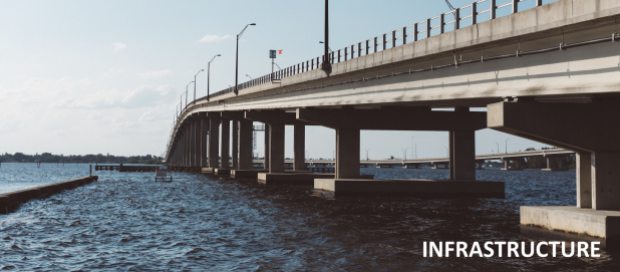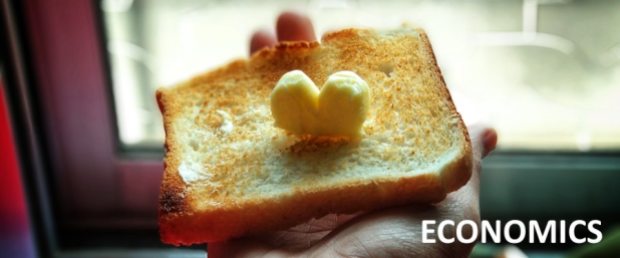
Our spray bottles for cleaning the kitchen counter, pump bottles that come with our body foam, as well as that shampoo bottle are all going to outlast our use of the fluids stored within them. They can be reused – and in reusing them for the same applications, we are reducing their usage. Good for the overall economy in terms of saving resources, for our pockets and also the environment. Except that it is in the interest of the fossil fuel companies to churn out more plastics, for the consumer goods company to create more new packaging and mark up the price of these products, for logistics companies to handle a consistent set of quality, new containers rather than re-used, non-standardized ones.
We’ve created incentives, built our economies around sheer wastage and environmental destruction. Can new business models be created, alongside the harnessing of forces to drive change in consumer culture and consumption practices? Grist reports on some interesting examples recently.
Indeed, we already have vending machines and public water fountains. Why not make soda fountains where people pay for soda that goes into their water bottles? Scoop Wholefoods already tries to retail all kinds of products by having customers bring containers into store where they are filled up.
Laundry detergent, hand soap and all can definitely be sold in bulk dispensed from big containers into the containers brought by the consumers. During the Covid pandemic, Singapore had deployed vending machines and various physical outposts around community centers where Singaporeans could bring their containers to refill and get alcohol-free hand sanitisers. Why not make that the norm?
It will be difficult for the market capitalism as we have evolved it to stomach and put up with all these changes. People want to carry on with proliferation of brands and ‘choices’ – they want to make different containers and so many different kinds of detergent, soaps and handwash that makes it hard to retail all of these in bulk.
Would you rather have more options of soap and less possibilities of a future we would want to be part of? Or less option of soaps so we can choose better futures to exist in?








